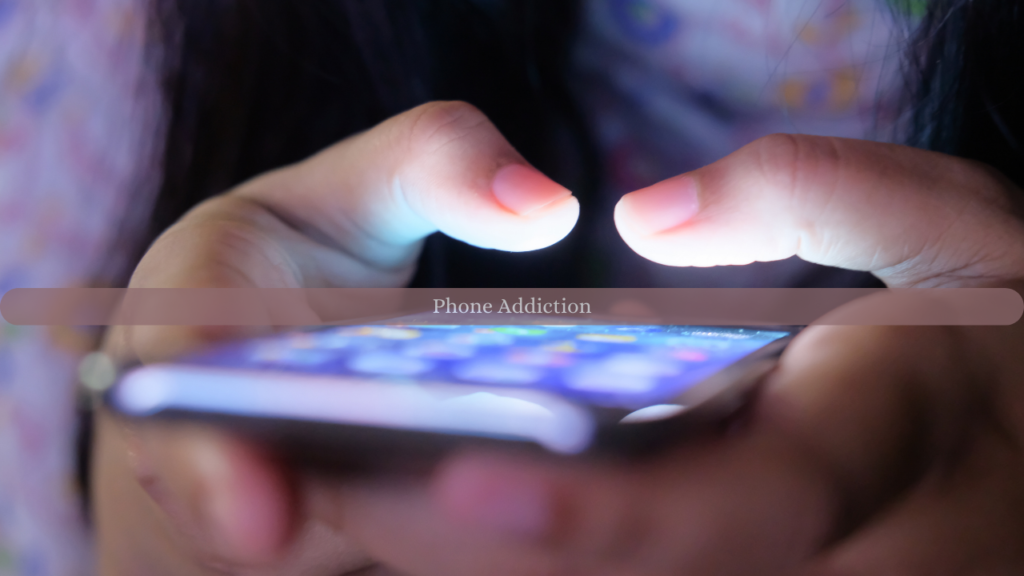
In today’s hyperconnected world, cell phones have become indispensable tools for communication, work, and entertainment. However, the convenience of constant connectivity comes at a significant cost. What was once a useful device has evolved into a potential source of addiction, with profound effects on our mental health, social relationships, and productivity. This growing reliance on smartphones has led to a hidden epidemic—one that is quietly disrupting lives across the globe.
The Rise of Smartphone Dependency
Smartphones are designed to capture attention. With notifications, social media, and endless streams of information, they keep users engaged. Over time, many people develop an unconscious need to constantly check their devices, leading to a form of addiction often referred to as “nomophobia”—the fear of being without a mobile phone. Studies have shown that people check their phones an average of 58 times a day, and for some, this number is significantly higher.
This constant use leads to a reinforcement loop, where the brain becomes accustomed to the dopamine release triggered by receiving notifications or scrolling through social media feeds. The allure of likes, shares, and comments keeps users coming back, fostering a cycle of dependency. This behavioral addiction affects not just teenagers or young adults but spans all age groups, with many professionals and even older adults falling victim to the lure of their devices.
Impacts on Mental Health
The psychological toll of cell phone addiction is alarming. Excessive smartphone use has been linked to increased levels of anxiety, depression, and loneliness. Social media platforms, in particular, can create feelings of inadequacy and low self-esteem, as users constantly compare themselves to the curated lives of others. This can lead to what psychologists call “social media fatigue,” where the emotional strain of constant connectivity leads to feelings of isolation.
Moreover, smartphones contribute to sleep disturbances. Blue light emitted by screens interferes with melatonin production, disrupting the body’s natural sleep cycle. Many people find it difficult to detach from their phones before bedtime, resulting in poorer sleep quality and exacerbating issues like insomnia and stress.
Disrupting Social Relationships
Cell phone addiction not only affects mental health but also damages real-world social interactions. It is now common to see people engrossed in their phones during meals, conversations, or social gatherings, leading to a phenomenon known as “phubbing” (phone snubbing). This habit of ignoring people in favor of a smartphone can erode relationships, as it conveys a lack of attention and respect for the person being “phubbed.”
In romantic relationships, excessive phone use can become a source of conflict. Partners may feel neglected or unimportant when their significant other is more focused on their phone than on spending quality time together. Over time, this can lead to emotional distance and weaken the bond between couples.
Productivity and Cognitive Decline
The effects of cell phone addiction extend to the workplace as well. Constant distractions from smartphone notifications reduce focus and concentration, leading to decreased productivity. Multitasking between work and checking a phone prevents deep work— the ability to concentrate without distraction on cognitively demanding tasks. This “always-on” mentality has long-term consequences, as research suggests that heavy smartphone users may experience cognitive decline, including poorer memory retention and decision-making abilities.
Conclusion
The hidden epidemic of cell phone addiction is a complex and pervasive issue, affecting mental health, relationships, and productivity. While smartphones are essential in modern society, their misuse poses serious risks. Breaking free from this cycle of dependency requires conscious effort, including setting boundaries for phone use, practicing digital detoxes, and cultivating healthier habits. Recognizing the problem is the first step toward regaining control over our lives and fostering healthier relationships with technology.